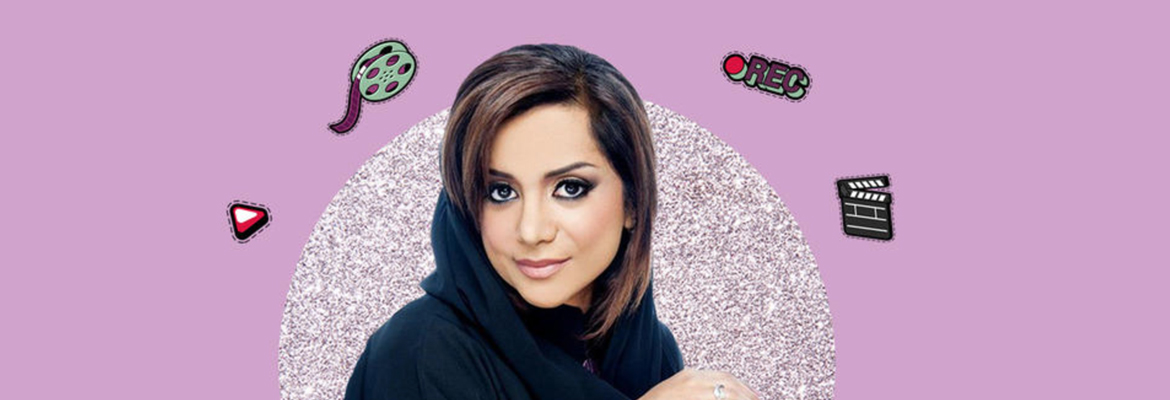Nayla Al Khaja: What glass ceiling?
Nayla Al Khaja is one of the Arab world’s most prolific auteurs, toggling between documentaries (“Unveiling Dubai”), films (“Malal”, “Once”, and “Animal”), and television ads (“TV commercials they are my main bread and butter… you can’t really depend on a feature film to stay afloat”). She fell into filmmaking 20 years ago, and has emerged as a uniquely voiced writer-director-producer, now helming her own eponymous production company Nayla Al Khaja Films.
“I’m a painter,” she starts. “My background is oil on canvas. One day I noticed something interesting: when I looked at my canvases, they were all as if someone had paused a moment, like, paused a scene in a movie. I accidentally stumbled into filmmaking at the age of 19 and absolutely fell in love with it, because I felt that it gave me what art couldn’t: energy. Filmmaking still has all the artistic elements (composition, lighting, photography, negative and positive spaces), but with filmmaking you’re working with up to 100 people on set. Now, I get to see my pictures come to life – hence the term ‘motion pictures’.’
Nayla, born and bred in the UAE, grew up in Dubai at a time when filmmaking didn’t really exist. “When I graduated from school 25 years ago, there was nothing in the Middle East for fine arts; no courses or universities. So, I applied to Ryerson University in Toronto, Canada, and studied cinema and fine arts there for four years. When I came back to the UAE afterwards, I started my little business.” Nayla was among the small group of women in the region doing a man’s job, but her enduring perseverance, tenacity and talent stood up in its own right and has seen her emerge as one of the most trail-blazing women of her generation.
“I remember when I came back from Toronto and I made my first documentary here [in the UAE], I had to literally fly people in and fly equipment in,” she recalls. “It was so expensive because there was no proper infrastructure for filmmaking, so everything was like pulling teeth. I had to create something from nothing.”
In an industry where a feminine point of view continues to be devalued, Nayla praises other female peers for proving themselves on a man’s turf. “Nadine Labaki is basically my role model. Everything that she has achieved is amazing. Arab women are still portrayed as people who are oppressed, without a voice, who don’t have freedom, so I can’t even tell you how important it is that our voices are heard. Imagine if an Arab female director directed the next Wonder Woman, that would shatter every glass ceiling. There is nobody who has reached that level yet, though, so I am really hoping to be able to have that kind of impact and inspire younger girls and boys to be able to pursue this path.”
To read full Article: Click Here

